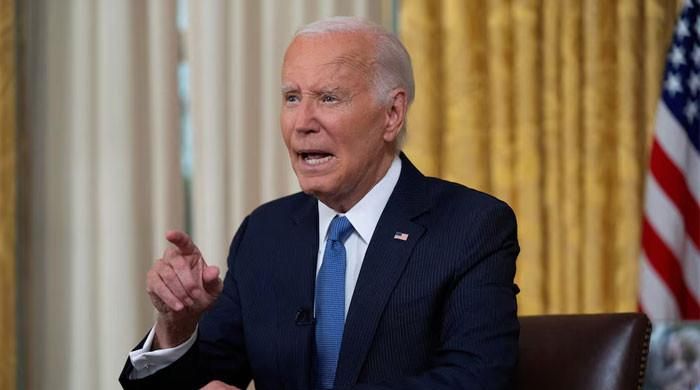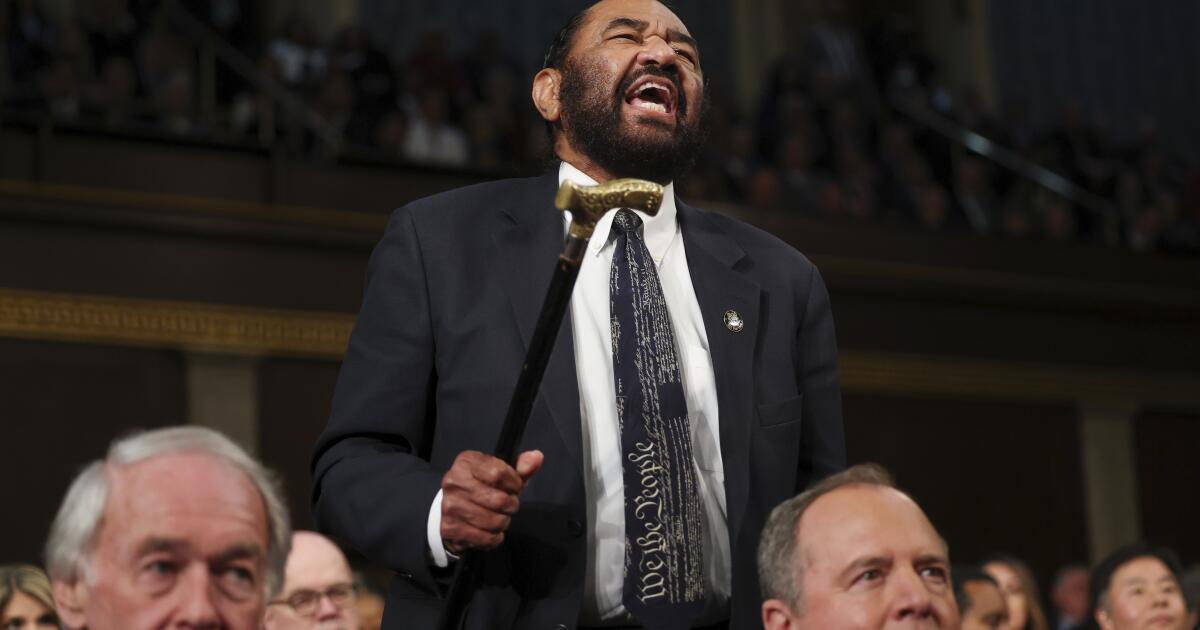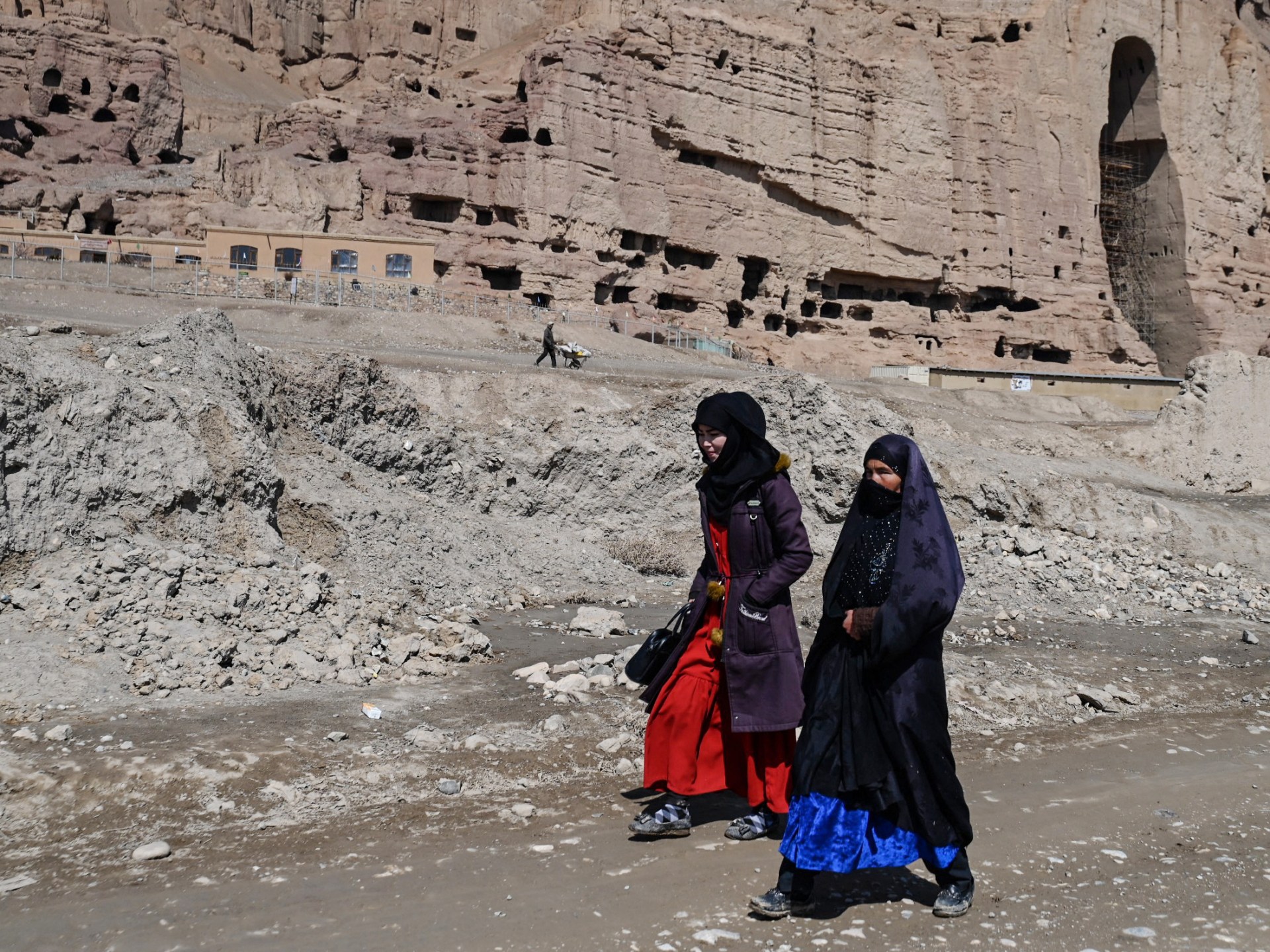- Congress was informed of the decision to lift the ban this week.
- US lawmakers recently questioned the supply of arms to Saudi Arabia.
- Biden took a tougher stance on arms sales to the kingdom in 2021.
The Biden administration has decided to lift a ban on US offensive weapons sales to Saudi Arabia, the US State Department said on Friday, reversing a three-year policy to pressure the kingdom to end the war in Yemen.
The State Department has lifted a suspension of certain air-to-ground munitions transfers to Saudi Arabia, a senior department official confirmed. “We will consider further transfers on a case-by-case basis, consistent with the Conventional Arms Transfer Policy,” the official said.
REuters He was the first to report the decision, citing five sources.
The administration informed Congress this week of its decision to lift the ban, a congressional aide said. One source said sales could resume as early as next week. The U.S. government was moving ahead Friday afternoon with notifications about a sale, a person briefed on the matter said.
“The Saudis have kept their end of the deal and we stand ready to keep ours,” a senior Biden administration official said.
Under U.S. law, major international arms sales agreements must be reviewed by members of Congress before they become final. Democratic and Republican lawmakers have questioned the supply of offensive weapons to Saudi Arabia in recent years, citing issues including the cost to civilian lives in its campaign in Yemen and a range of human rights concerns.
But that opposition has softened amid the turmoil in the Middle East following Hamas' deadly Oct. 7 attack on Israel and changes in the conduct of the campaign in Yemen.
Since March 2022, when the Saudis and Houthis signed a United Nations-led truce, there have been no Saudi airstrikes in Yemen and cross-border fire from Yemen into the kingdom has largely stopped, the administration official said.
“We also note the positive steps the Saudi Ministry of Defense has taken over the past three years to substantially improve its civilian harm mitigation processes, thanks in part to the work of U.S. trainers and advisors,” the State Department official said.
Biden took a tougher stance on arms sales to Saudi Arabia in 2021, citing the kingdom's campaign against the Houthis in Yemen.
Ties between the kingdom and the United States have since improved, as Washington has worked more closely with Riyadh following the Oct. 7 Hamas attack to devise a plan for Gaza after the war.
The Biden administration has also been negotiating a defense pact and a civil nuclear cooperation agreement with Riyadh as part of a broader deal that envisions Saudi Arabia normalizing ties with Israel, though that remains an elusive goal.
The move comes at a time when the threat level in the region has increased since late last month, when Iran and Lebanon's powerful Hezbollah group vowed to retaliate against Israel after Hamas political chief Ismail Haniyeh was killed in Tehran.
The Houthis have emerged as a staunch supporter of Hamas in its war against Israel. Earlier this year, they attacked commercial ships they claimed were linked to Israel or headed for Israeli ports.












